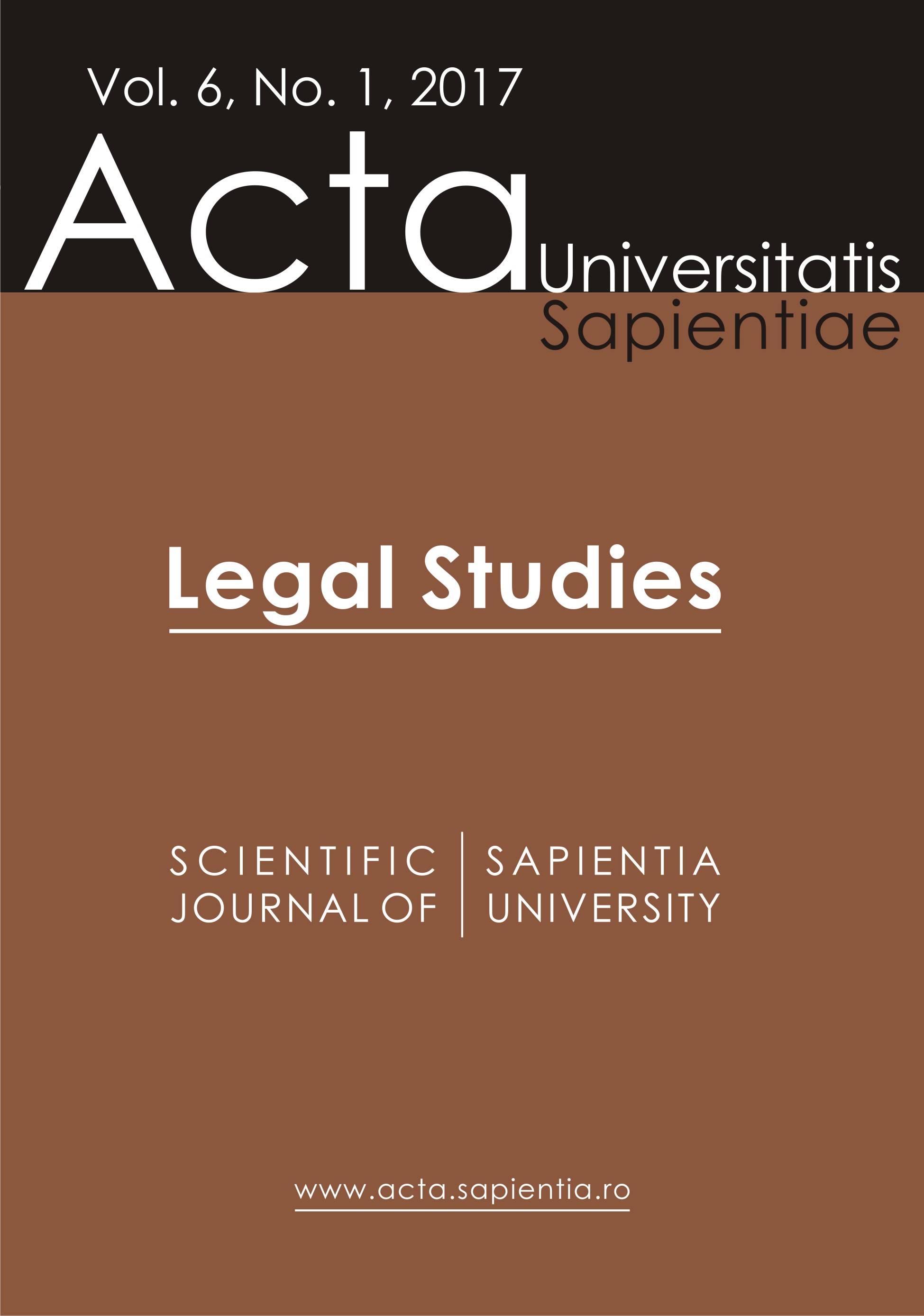Some Remarks on the History ofthe Legal Protection of Intellectual Property in Europe withSpecial View tothe Regulation in Hungary
Some Remarks on the History ofthe Legal Protection of Intellectual Property in Europe withSpecial View tothe Regulation in Hungary
Author(s): Tamás NótáriSubject(s): Law, Constitution, Jurisprudence, History of Law, Civil Law
Published by: Scientia Kiadó
Keywords: copyright law; intellectual property; Hungarian legal history
Summary/Abstract: Hungarian regulation of the field of law of intellectual works, basic codices go back to the 19th century. Given the peculiarities of historical development, modern codification efforts evolved with a delay in the Age of Reforms; with respect to copyright, the Bills related to BertalanSzemere are worth mentioning. After the suppression of the 1848–49 War of Independence and the 1867 Compromise, basically, Austrian laws were applied. Around the middle of the 19th c., however, literary, scientific, and political life in our country flourished, strongly helped by reproduction, by which Hungarian thoughts could be delivered to more and more people desiring changes. Simultaneously with progress, complaints were received on abuses of author’s rights. Increasing needs of life and enhancing circulation of intellectual goods as well as politics aimed at liberating the press brought along a more independent development of authors’ rights. In Hungary, in the beginning, as a result of state–law relation, the development of authors’ rights was similar to the process in Austria, and then, upon termination of this connection, it went through an independent progress. The consequences of the Second World War, the evolution of the centrally controlled socialist economic/social system emphasized this requirement all the more. Even at that time, this branch of law preserved its main traditional features, owing, not least,to several decades’ long memberships in international agreements. The field of law of intellectual works shows permanent progress – without injury to essential principles. Just as in the phase of its evolution, in the appearance of tendencies of modern development, changes in economic circumstances and technical conditions represent the key driving force. General features of historical development are reflected by the progress made in this field of law in Hungary too.
Journal: Acta Universitatis Sapientiae, Legal Studies
- Issue Year: 6/2017
- Issue No: 1
- Page Range: 79-92
- Page Count: 14
- Language: English

